Economics Department

Why Study Economics at UNC Asheville?
Our Economics degree program allows you to connect with contemporary issues as you develop your skills in meaningful, impactful research opportunities. Supportive faculty, scholarship opportunities, and student clubs and organizations enrich your educational experience and prepare you to excel in your future endeavors.
Economics Department Programs
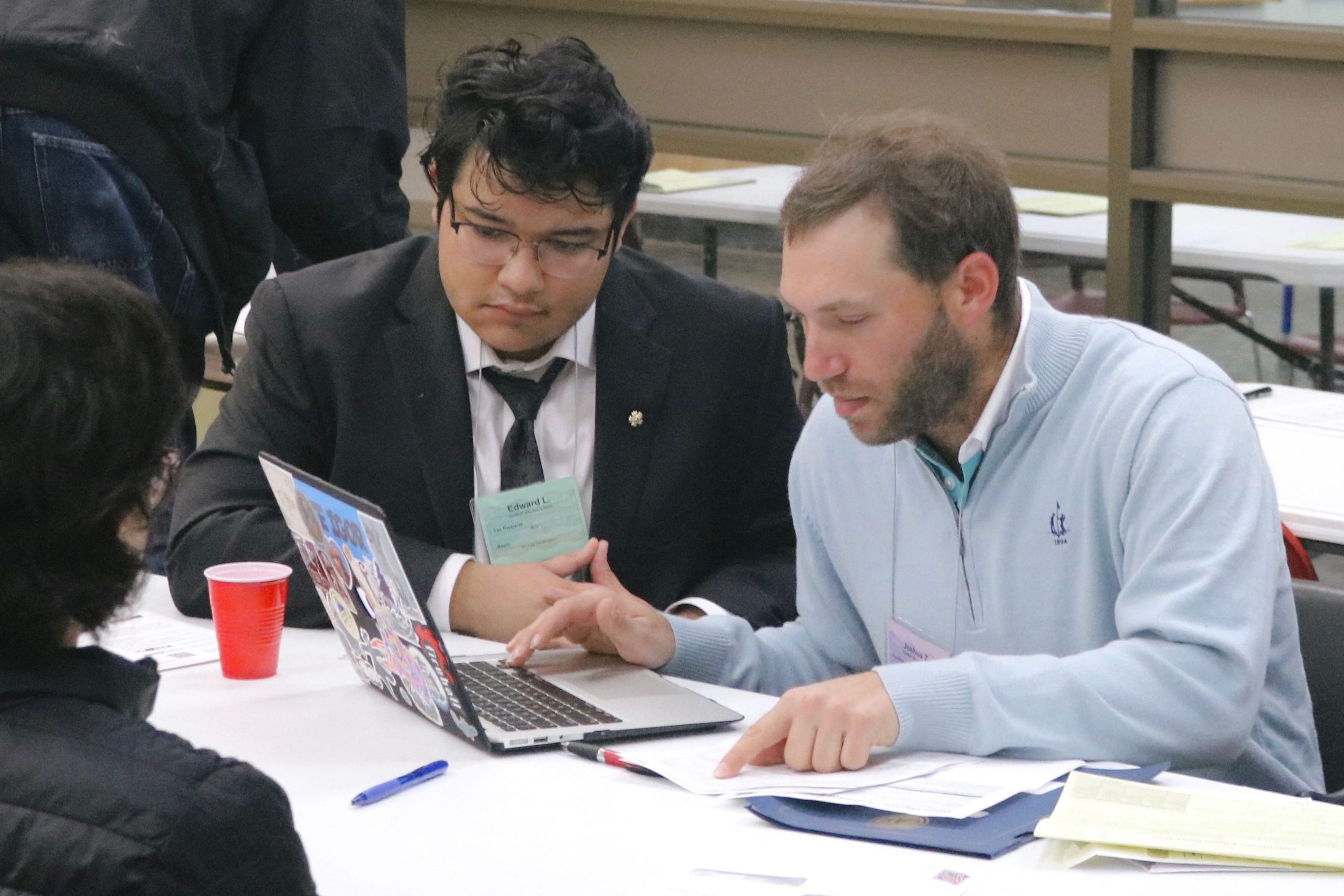
Economics
B.S. Minor Teacher Licensure
In the economics major, we ask big questions to uncover meaningful answers. Guided by economic principles, these answers solve global issues from poverty to the environment.
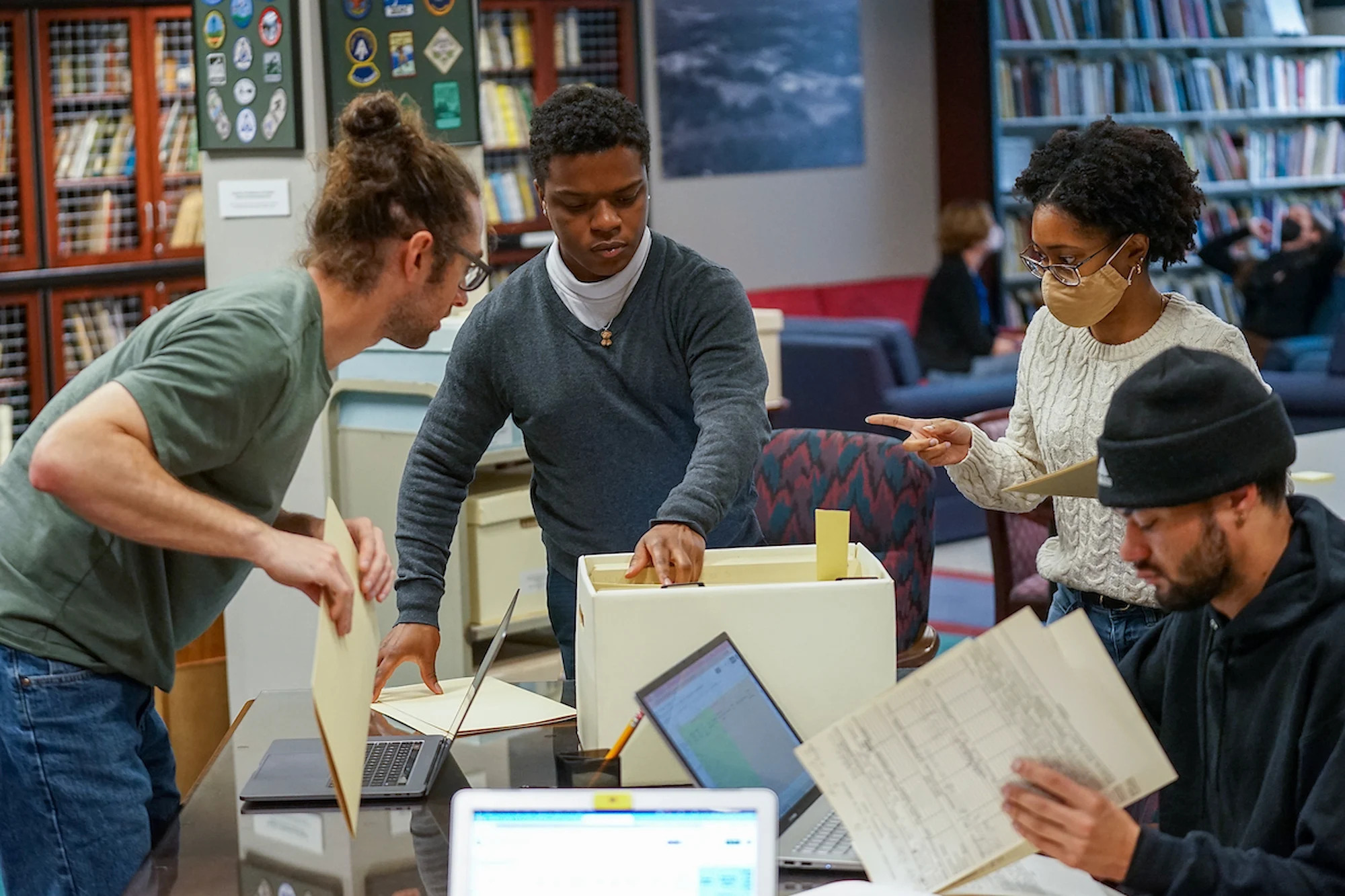
Finance
Minor
In the finance minor, we study how financial systems operate and how strategic decisions are made. Grounded in economic and quantitative principles, this minor equips students with tools to understand markets, manage risk, and make informed financial choices.
Careers & Outcomes
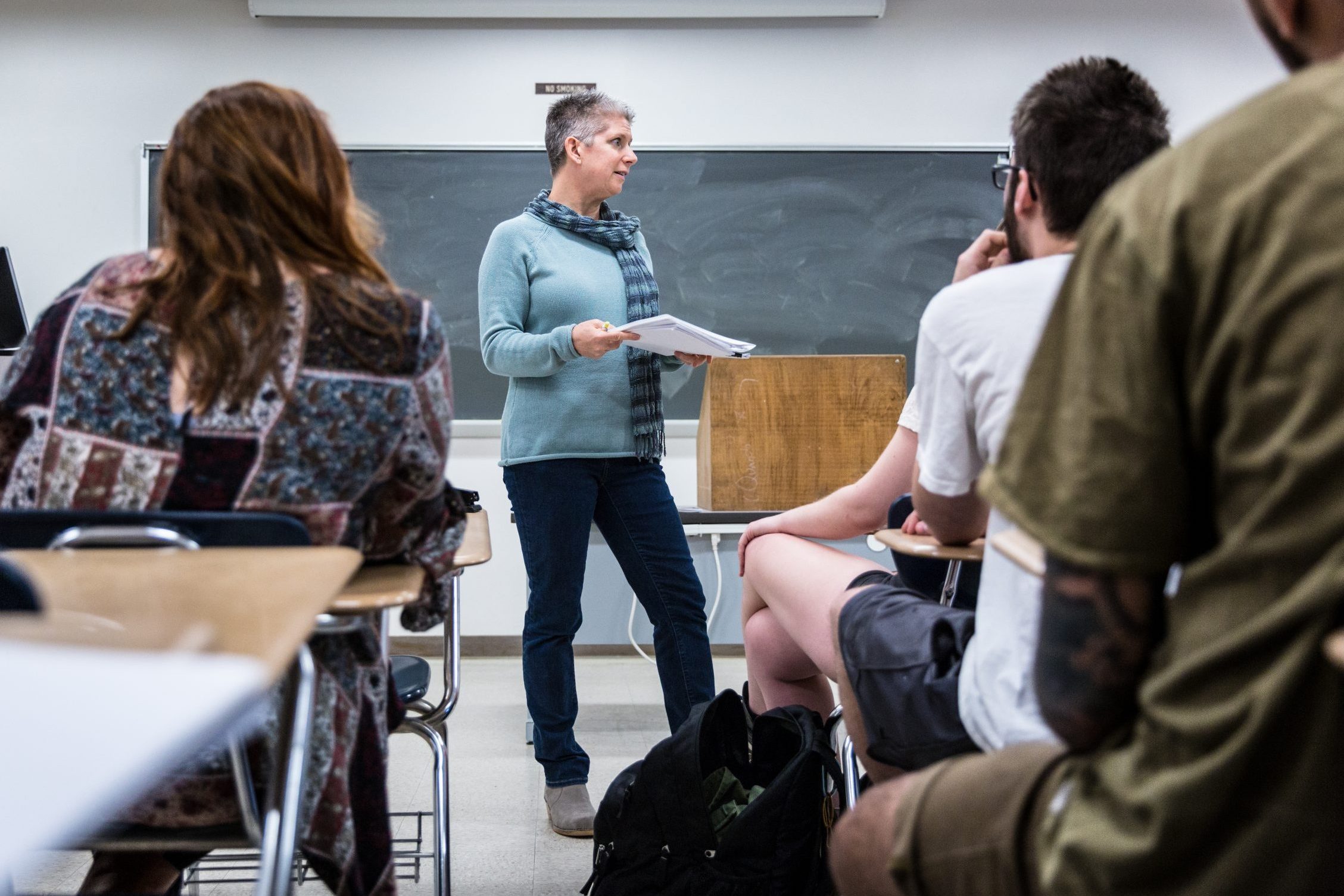
Careers & Outcomes
At UNC Asheville, economics majors gain valuable skills sought by employers in fields like finance, small business, education, nonprofit, and government. Many graduates also leverage their research experience to pursue graduate studies in economics, data analytics, business, or law.
Outside the Classroom
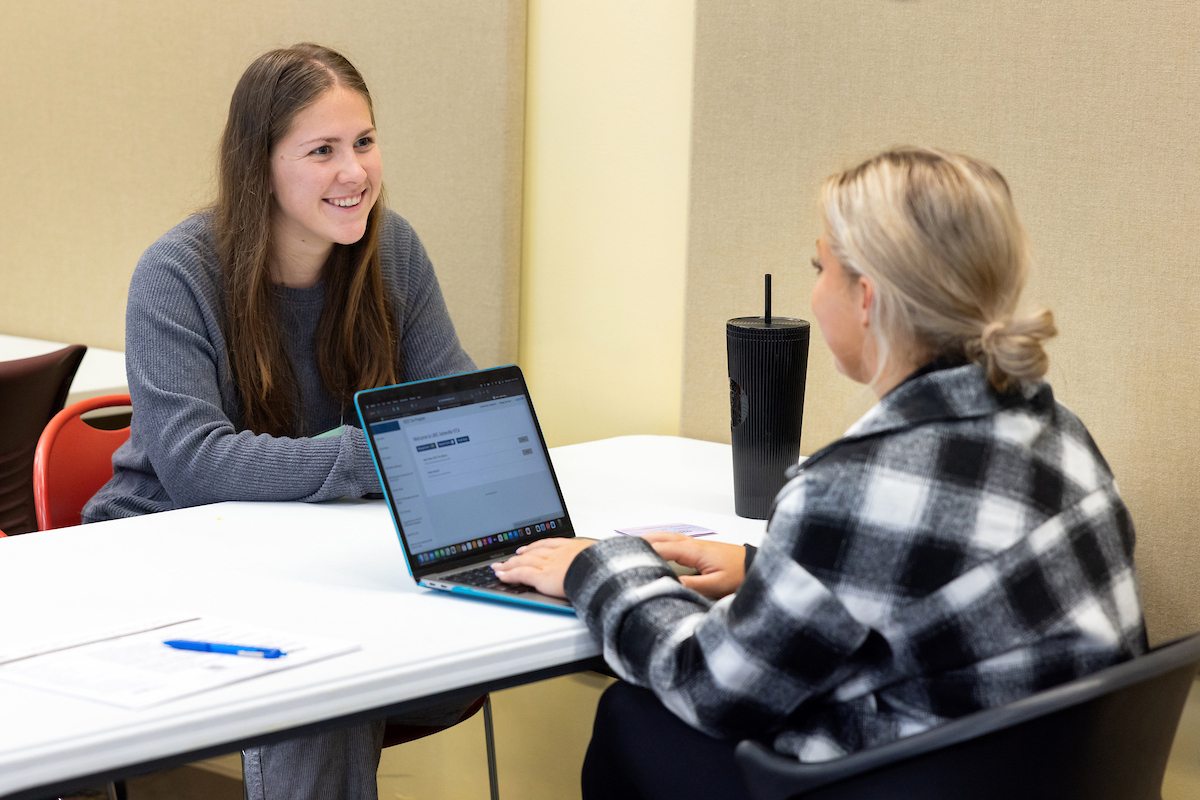
Outside the Classroom
Economics and Finance Internships
Internships for Economics majors, minors, and Finance minors have been a process of alerting students to opportunities and allowing them to apply independent of the department. In the future, we are hoping to build relationships with companies, organizations, and local government in order to streamline internship pathways for our students.
Outside the Classroom

Outside the Classroom
Lead a Research Project
All economics majors undertake a research project, a résumé-building experience that adds immense value whether students plan on attending graduate school or heading straight into their career. Research opportunities may present themselves through the Undergraduate Research Program or a capstone project in ECON 450, where students will explore a topic and prepare a research proposal. This proposal is implemented in the following semester in ECON 480. Students can pursue their interests in a range of possible topics, from the ROI of a city’s renewable energy project to the cost of locally produced foods to the price of NBA tickets.
Outside the Classroom

Outside the Classroom
Scholarship Opportunities
The cost of education shouldn’t be a barrier to a student’s future. That’s why UNC Asheville is committed to making education more affordable, enabling scholarships and financial aid access to 70% of students. Those pursuing an economics degree may consider seeking out scholarships offered both through the University as well as those specific to the area of study, many of which are the result of generous gifts from alumni and friends of the Economics Department.
Through my research and involvement in the Economics Department, I have become focused and passionate about community outreach in Asheville, and the internships provide a unique opportunity to be involved in outreach within our own communities.
Economics Department Faculty
Small class sizes and our liberal arts focus make the economics major ideal for students seeking a personalized education. Our supportive faculty mentor students through their studies and guide them as they take on research projects, encouraging their curiosity and independence at every step of the way.
Leah Greden Mathews, Ph.D.
Chair and Professor, Department of Economics Chair, Department of Business
Office: 147 Karpen Hall
Phone: 251-6551
Email: lmathews@unca.edu
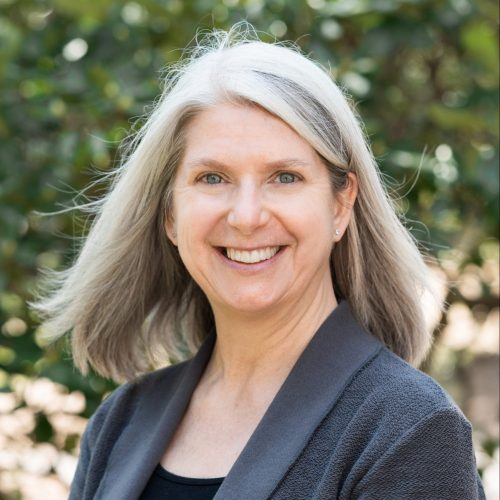
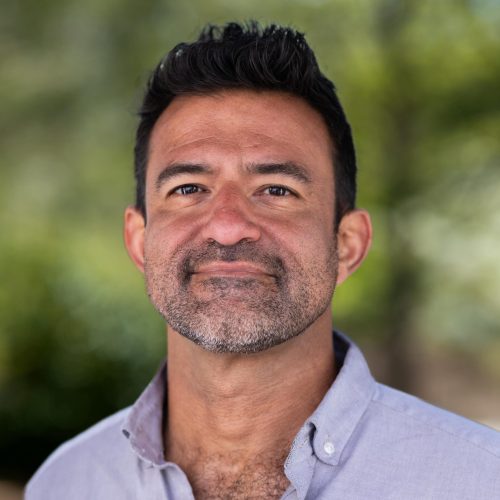
Emily Herzog
Administrative Assistant, Vice Chair of Employee Belonging and Wellness
Office: 205 Zeis Hall
Phone: 250-3955
Email: eherzog@unca.edu
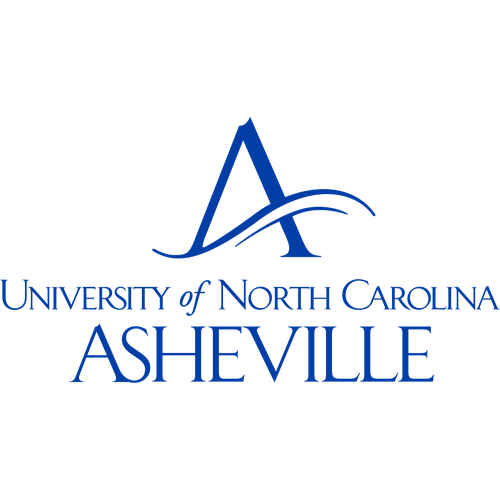
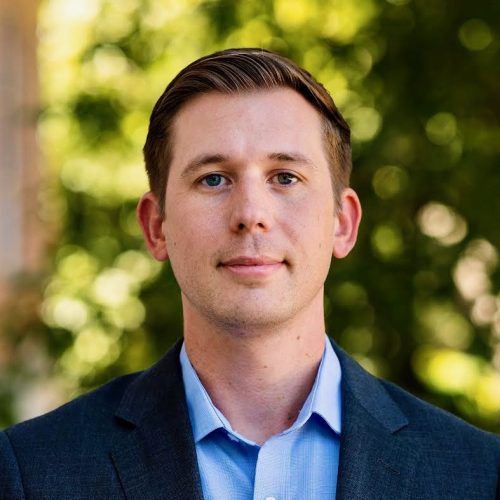
Kathleen Lawlor, Ph.D.
Director of MS in Environmental Resilience, Associate Professor of Economics
Office: 152 Karpen Hall
Phone: (828) 250-3983
Email: klawlor@unca.edu
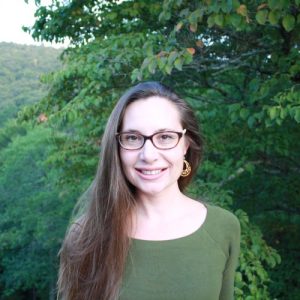
Melissa Mahoney, Ph.D.
Associate Professor of Economics
Office: 157 Karpen Hall
Phone: 251-6672
Email: mmahoney@unca.edu
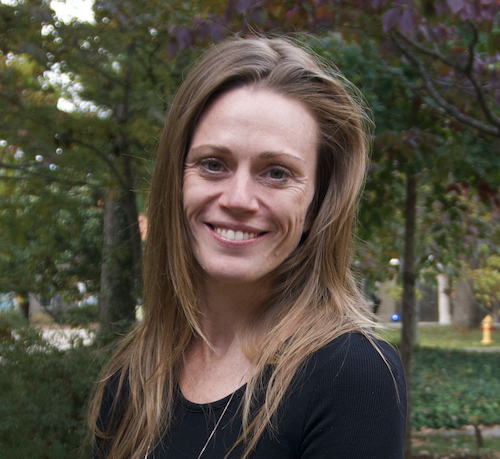
Muhammad Nawaz, Ph.D.
Assistant Professor of Economics
Office: 153 Karpen Hall
Phone: (828) 251-6834
Email: mnawaz@unca.edu

Robert C. Tatum, Ph.D.
Director of the University Honors Program, Professor of Economics; Cary Caperton Owen Chair in Economics
Office: 156 Karpen Hall
Phone: 251-6569
Email: rtatum@unca.edu
Office Hours:
Tuesday 9:35 am – 10:35 am
Thursday 9:35 am – 10:35 am
Office hours also available by appointment.

Ready for What's Next?
Research your interests and hone your skills in UNC Asheville’s Economics program.